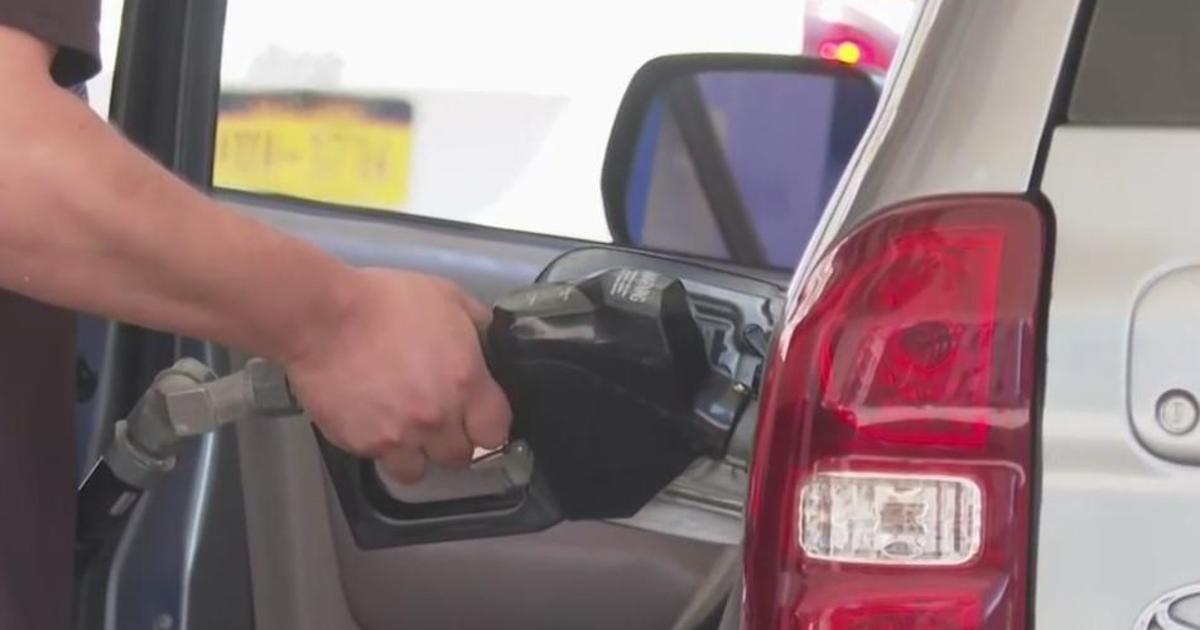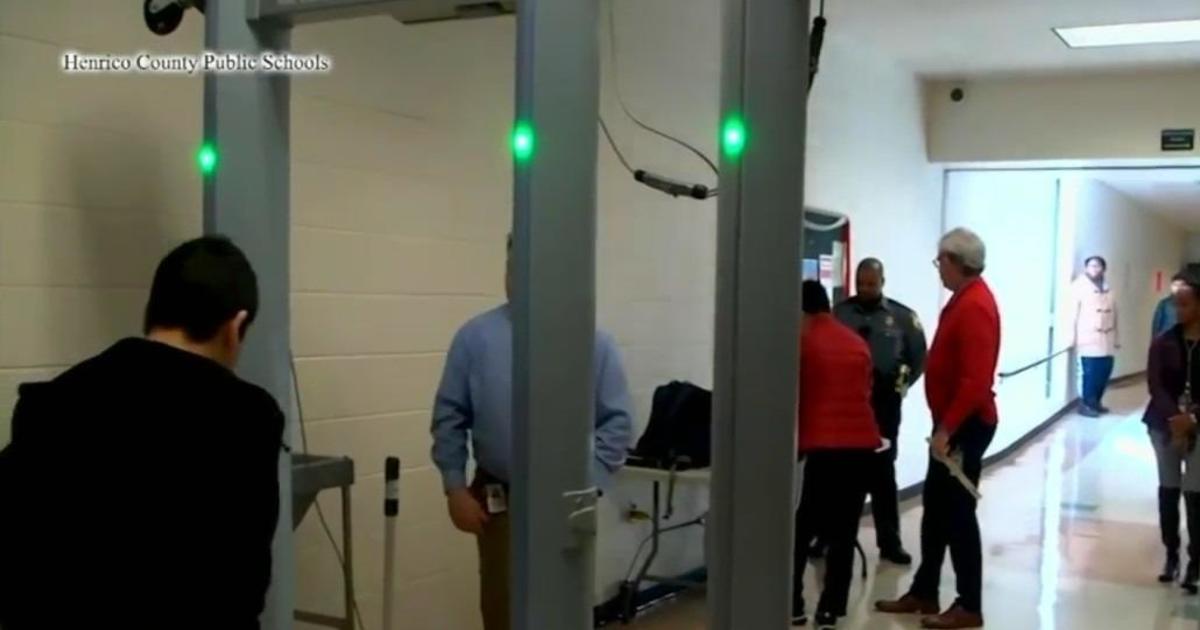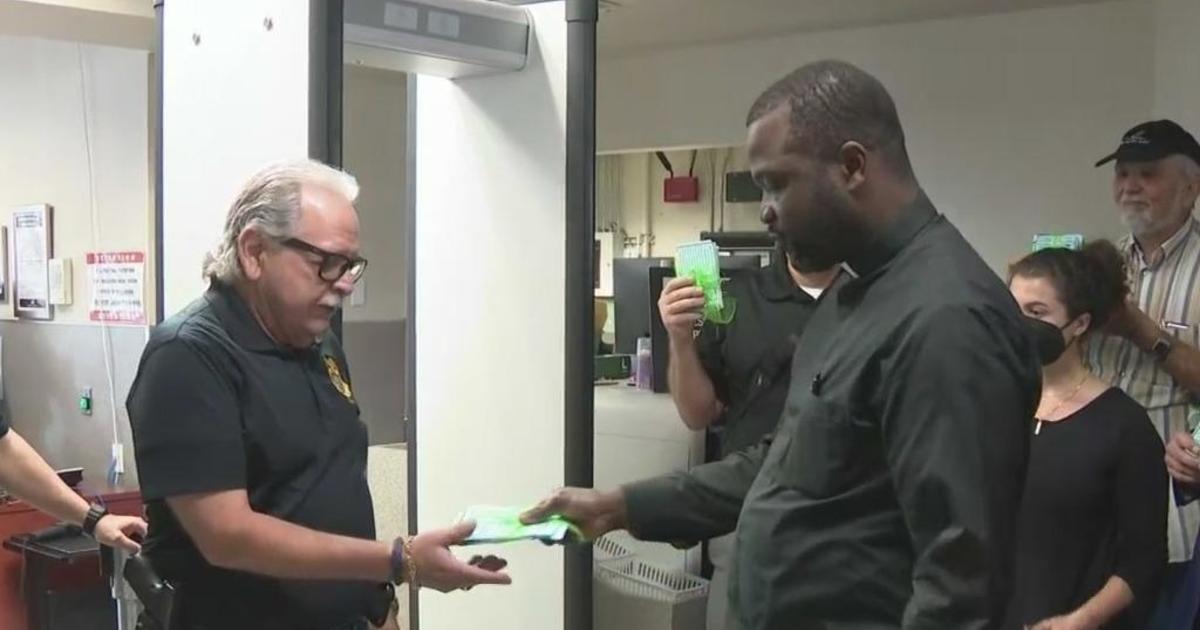Sen. Rubio Pushes For Higher Education Overhaul
MIAMI (CBSMiami/AP) — Sen. Marco Rubio called for overhauling the nation's higher education system Monday.
Rubio said he wants to close an "opportunity gap" between Americans with and without advanced degrees.
The Florida Republican said the reforms should include state-accredited alternatives to four-year colleges, income-based terms for repaying college loans and new standards for accrediting free Internet courses.
"Those with the right advanced education are making more money than ever. But those who are not are falling farther and farther behind," Rubio said at an education forum at Miami Dade College. "The result is an opportunity gap developing between haves and have-nots, those who have advanced education and those who do not. And if we do not reverse that trend, we will lose the upward mobility that made America exceptional."
Rubio's proposal comes as Republicans seek an alternative to President Barack Obama's agenda to bolster the middle class, some of which touches on the same higher education issues.
The affordability and access plan also is part of the GOP's effort to step past the elite-sounding tone of some of Mitt Romney's statements during his 2012 presidential bid. At the height of that race, footage was released showing Romney suggesting that 47 percent of Americans view themselves as victims who won't take responsibility for themselves.
The price tag for tuition and fees at public four-year colleges is up 27 percent beyond overall inflation over the last five years, according to the latest figures from the College Board. The average annual cost for a full-time student at a four-year public college is now $18,390, including room, board and tuition. Subtract grants and tax benefits, and it drops to $12,620.
More than 70 percent of the national college class of 2012 had loan debt at graduation, and their debt averaged $29,400, according to the most recent figures from the California-based Institute for College Access and Success.
Rubio is touting several private-sector solutions.
At the heart of his proposal are alternatives to a four-year college degree. Free online courses — evaluated and overseen by an independent accrediting board —would be transferable to traditional schools and eligible for federal aid. Workers could also use their skills to earn certifications or degrees outside traditional institutions by passing new standardized tests.
"I want to add more options to the menu. And the more options we have, the more affordable it will be and the more people we're going to be able to empower," he told the AP in an interview before the conference, presented by National Journal.
Education experts have raised questions about the credibility of free online courses and for-profit colleges.
Rubio, who often notes that he still owed more than $100,000 in student loans when he became a senator in 2011, said college students should be offered cost-benefit analyses comparing how much they can expect to earn in a particular field to how much they will owe after earning a degree in the subject.
The Obama administration is also exploring whether to include salary data in a new ratings system of colleges that it wants to tie to financial aid. Critics in the higher education community say such evaluations are unfair and compromise schools' autonomy.
In addition to federal loans, Rubio called for the creation of "student investment plans." Private investment firms would cover tuition costs that could be repaid later as a fixed percentage of a graduate's income for a set number of years, regardless of whether that amount covers the total debt.
The Republican lawmaker also called for simplifying the federal aid process and making income-based loan repayment mandatory.
(TM and © Copyright 2014 CBS Radio Inc. and its relevant subsidiaries. CBS RADIO and EYE Logo TM and Copyright 2013 CBS Broadcasting Inc. Used under license. All Rights Reserved. This material may not be published, broadcast, rewritten, or redistributed. The Associated Press contributed to this report.)



